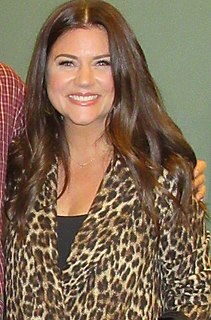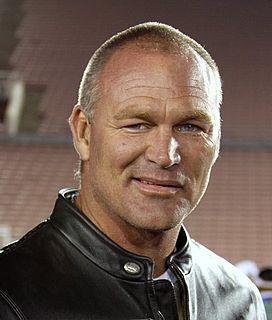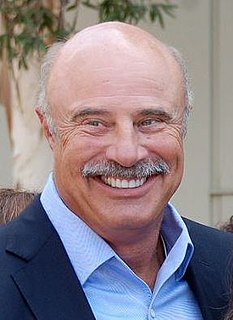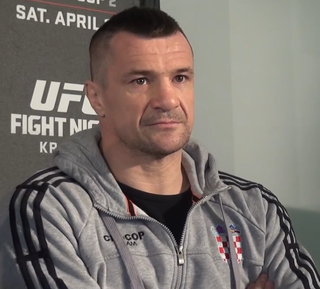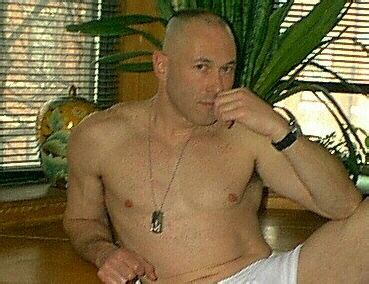A Quote by Philipp Meyer
You don't make a decision about being a writer. There was a point, aged 21, when it became clear that this is who I am. The choice is how good you are going to be at it and how hard you are going to work.
Related Quotes
In the cross-over, you get to a point where you realize that you've got all this genetic inheritance, and you've got all this social conditioning, but there is a point where you do have to make a choice, and that's the optimist in me: you have the freedom to make a choice about how you are going to be, and what you're going to do.
I don't think the entertainment business in general will ever just be okay with how people are. I think we're in a business that critiques everything we do, and you kind of just take it with a grain of salt. I look at my grandmother, and I think she's aged beautifully, so I hope that I could be a smidgen of how she's aged. There's nothing you can do. All you can do is take of yourself and do the things that make you feel good and make you healthy and age appropriately, but there's always going to be people out there are going to say something, and there's nothing you can do about it.
When I talk about how we're going to pay for education, how we're going to invest in infrastructure, how we're going to get the cost of prescription drugs down, and a lot of the other issues that people talk to me about all the time, I've made it very clear we are going where the money is. We are going to ask the wealthy and corporations to pay their fair share.
Harry Reid was talking about soup lines, and Hillary Clinton was talking about the economy being on the verge of collapse. Yet, in the same breath, they say that Social Security is rock solid, and there's no crisis there. How are you going to work-you said you're going to reach out to these people-how are you going to work with people who seem to have divorced themselves from reality?
I got a new 4-track cassette recorder a year or so after high school. For a while I would just stare at it thinking, how am I going to do this if I don't play guitar or keyboards? How am I going to write and record a song if I don't know how to play any instruments? I mean, I played the violin, but I didn't know anything about how to work a 4-track.
I found every single successful person I've ever spoken to had a turning point. The turning point was when they made a clear, specific unequivocal decision that they were going to achieve success. Some people make that decision at 15 and some people make it at 50, and most people never make it at all.





